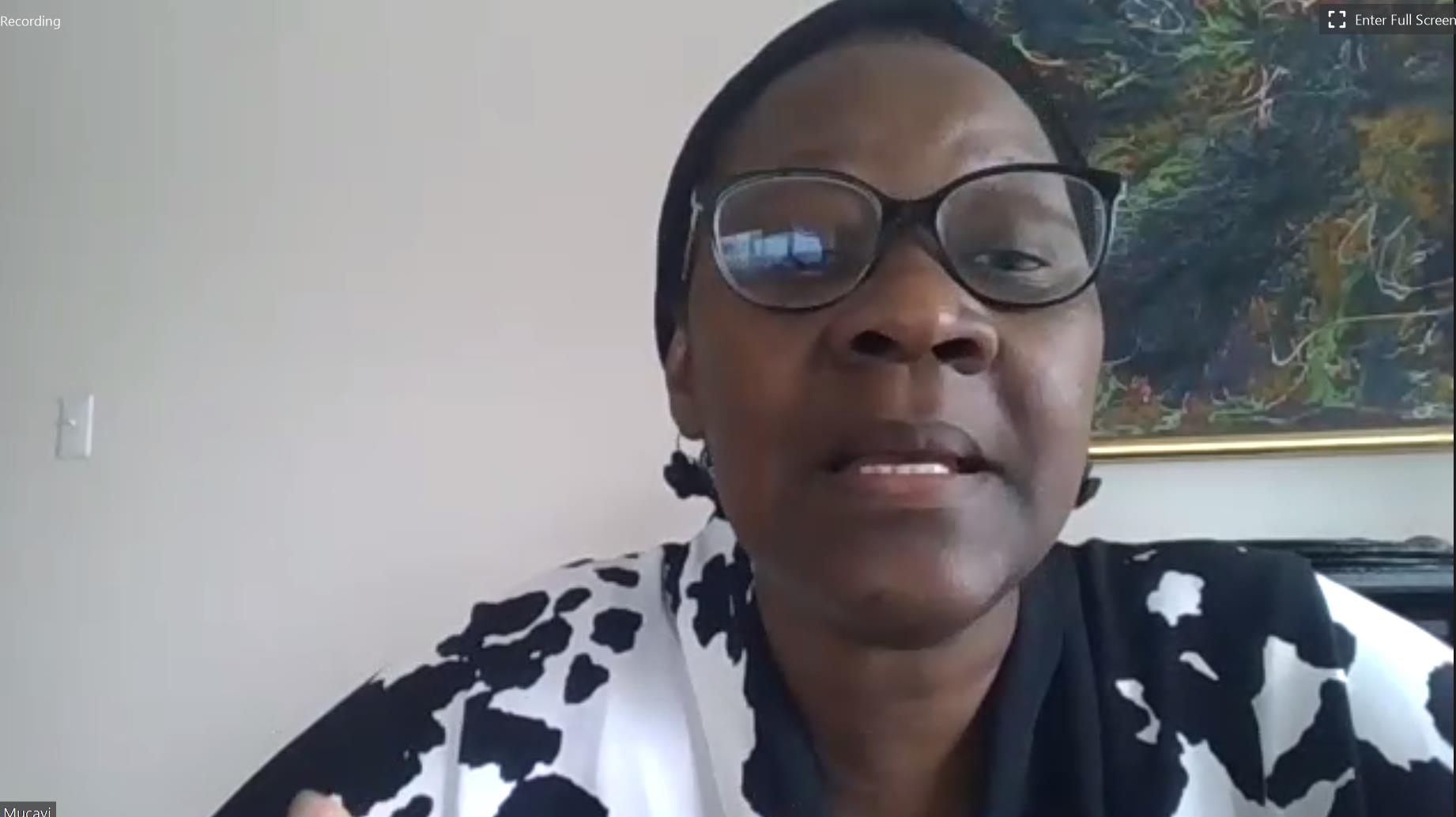FAO explores methods of fighting food loss and waste

On 2 June, the Food and Agriculture Organization of the United Nations (FAO) participated in a webinar organized by the Women Forward International, in collaboration with the Goldman School of Public Policy (University of California, Berkeley) and the White Pony Express non-profit organization. The virtual event addressed the problem of food loss and waste by bringing together officers from the United Nations (UN) community, members of the academia, civil society and artists, under the theme “What’s Love Got to Do with It?”.
“Food loss and waste is a systemic problem, meaning that it occurs at every step of the food supply chain from production to consumption – taking place in supermarkets, restaurants and in the home,” stated Carla Mucavi, Director of the FAO Liaison Office in New York.
In its flagship publication, The State of Food and Agriculture 2019, FAO frames food loss as the decrease in quantity or quality of food along the food supply chain, while also remarking that food waste occurs at retail and consumption level. It’s important to note that food diverted to other economic uses (e.g. animal feed) is not considered as food loss or waste nor are inedible parts of food.
In 2019, the 74th UN General Assembly designated 29 September as the International Day of Awareness of Food Loss and Waste, recognizing the fundamental role that sustainable food production plays in promoting food security and nutrition. Cutting back on food loss and waste is stated in the 2030 Agenda for Sustainable Development, and specifically Target 12.3, which calls for halving the per capita global food waste at the retail and consumer levels, as well as reducing food losses along production and supply chains.
Mucavi highlighted the importance of acknowledging the issue at international level: “With population growth, increasing urbanization, climate change, stagnation of land resources for food production an increasing scarcity of water resources, and in the current context of COVID-19, a critical challenge facing our world today is ensuring sufficient supplies of safe and nutritious food for all, and particularly the most vulnerable.”
The virtual event concluded with a presentation by contemporary artist Aliza Eliazarov, who aims to raise awareness of the $165 billion of food wasted in the United States annually.
Carla Mucavi’s full statement is available here.
